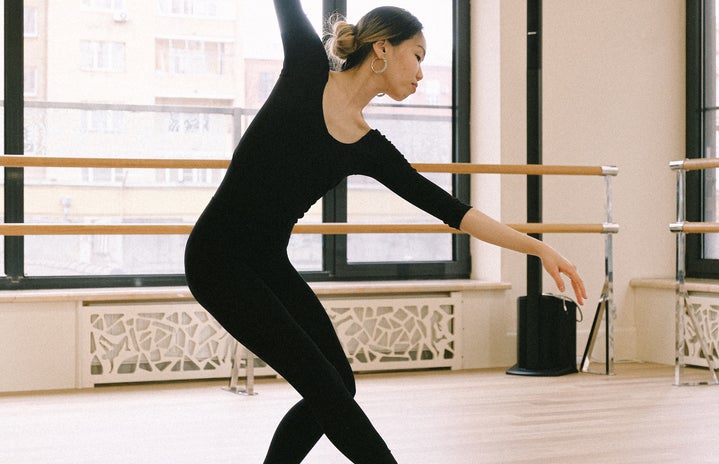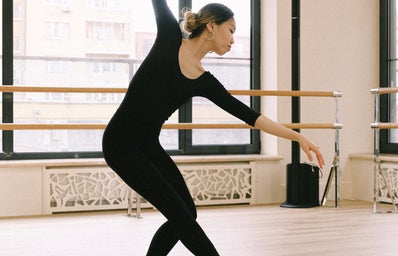In the second semester of my freshman year at Wake Forest, I registered for an African Dance Class for Women. I thought it would be an easy way of earning credit hours, while fulfilling a cultural diversity requirement and fitting exercise into my busy schedule. At this point, I was unaware that the lessons I learned about tenacity, confidence, and human connection would stick with me throughout the remainder of my time in college.
My instructor, Tina Yarborough, was one of a kind. She mastered the balance between encouragement and “tough love” that every educator yearns to incorporate in their lessons. “Dance is the power you have to express yourself,” she said.
My classmates and I created a special camaraderie. Through each step, confidence was instilled within each of us. Truthfully, I was definitely not the best dancer in the class. I struggled with the complex formations and tempo. Nonetheless, I have never felt more empowered than during my time in the Scales Fine Arts Center dance studio.
In African folk, women were said to demonstrate their beauty, grace and even proactiveness in a traditional “Sonou” dance. This form originated from the Mali Empire through a girl named Sunu Magady who was highly revered for her dancing qualities and performed at festivals where community members gathered. The time I spent in African Dance class prompted me to reflect on the past, the present, and the universal truth that humans use movement to connect with another.
Six months later, I took a traditional Latin American Salsa class with ten of my sorority sisters. I loved the interpretive style of the dance. I felt like I had the space to convey my emotions, dreams, and desires in the form of movement. I cherished the opportunity to bond with my sorority sisters, each of whom I deeply admired for empowering me to unveil confidence within myself.
At the end of the lesson, the instructor offered insight about Latin American dance and the outlet it can be for people. “Dance is happiness. All of my problems seem to fade away when I am dancing,” he said. Upon reflection, I realized that I had laughed and smiled more during that 45- minute class than I had the entire week. I found joy in the movement, even when I could not necessarily hit all the counts. Learning about the cultural significance of salsa and connecting with the people around me is what made the time so special.
Through my experiences, I have learned that dance is a language. As Miss Tina Yarborogh once said, it is the power within each of us to convey our self-expression. My unexpected journey through African and Latin dance has given me a profound understanding of humans and the simple ways in which we communicate and connect. Dance is not merely an exercise, but a means of self-expression and connection that enhances our cultural understanding.


